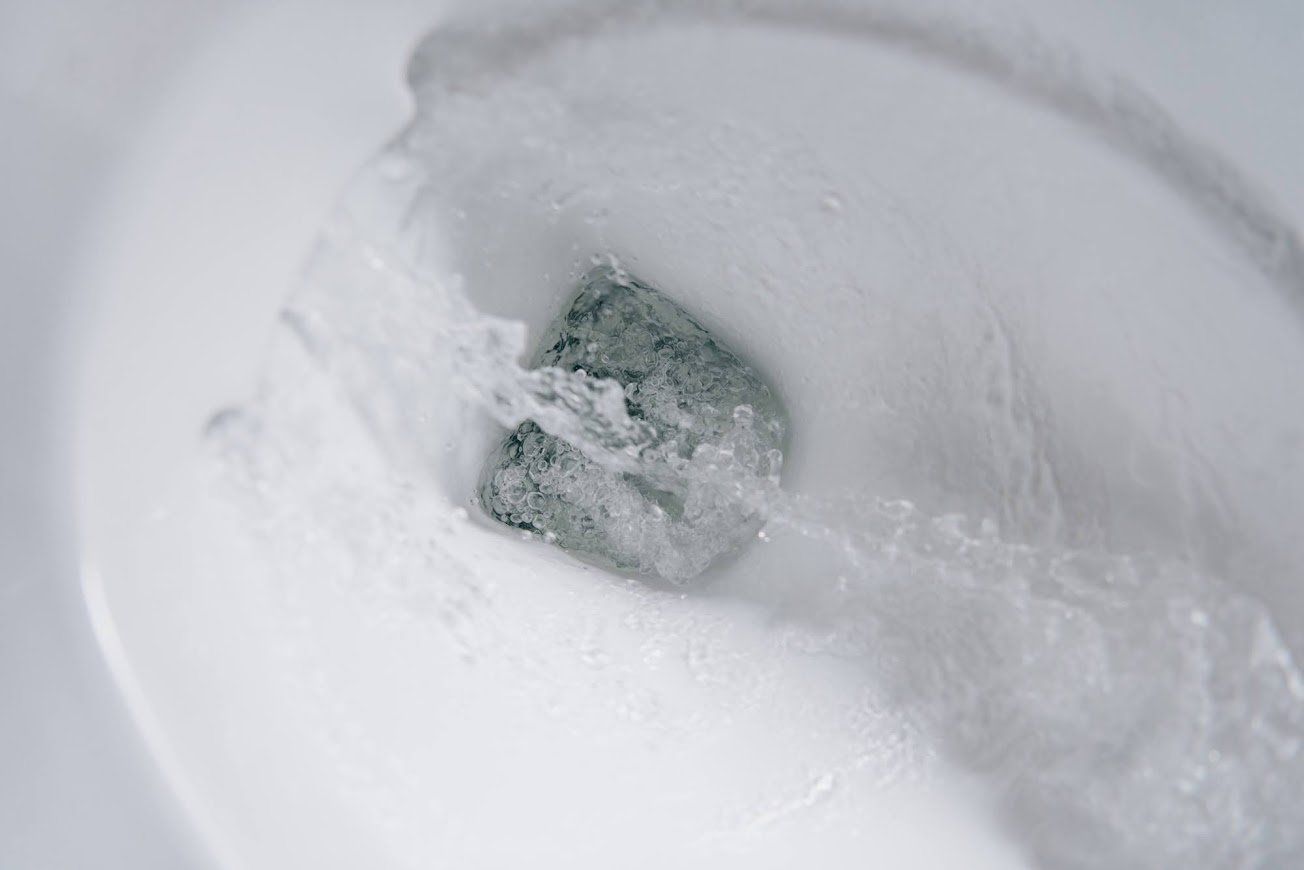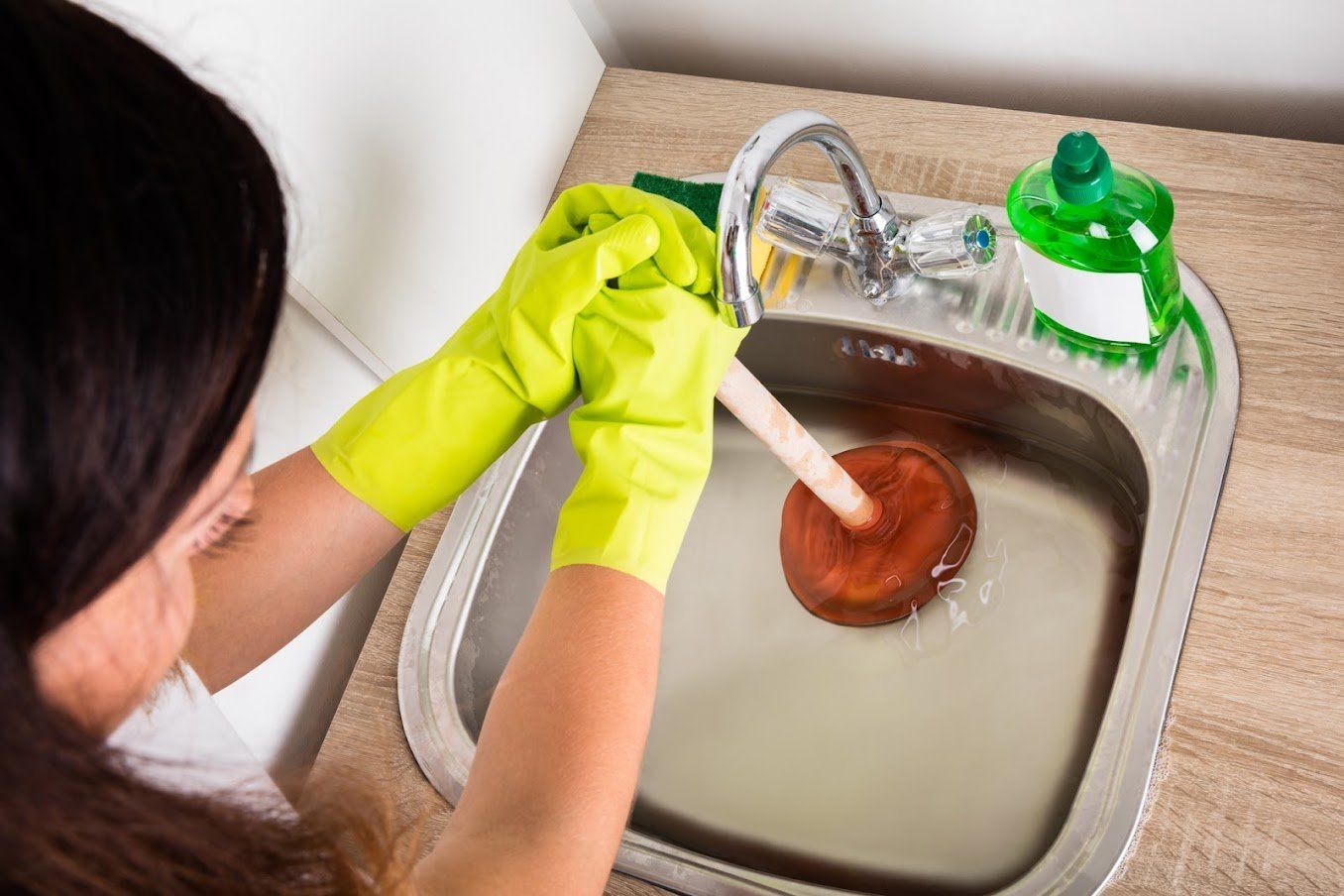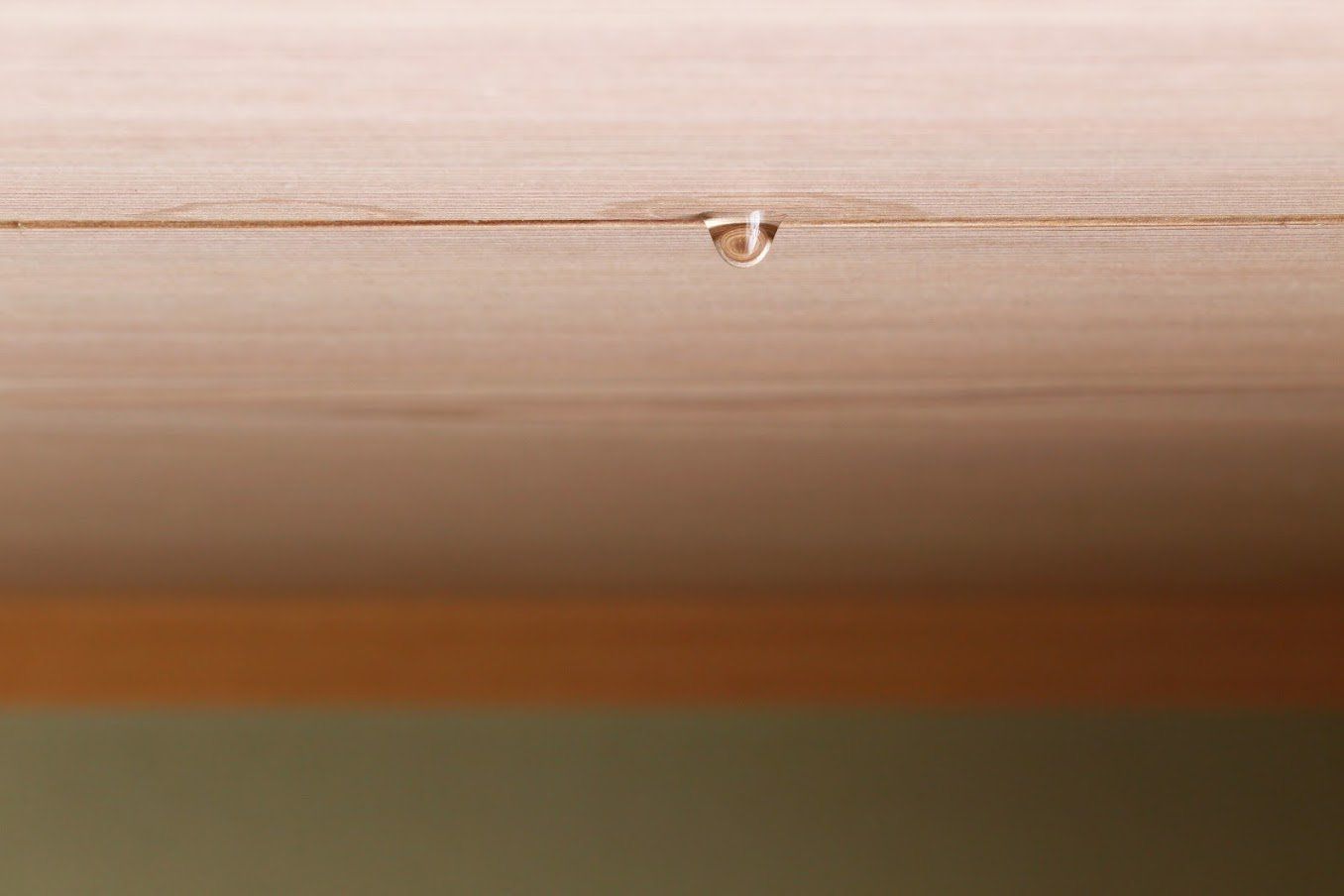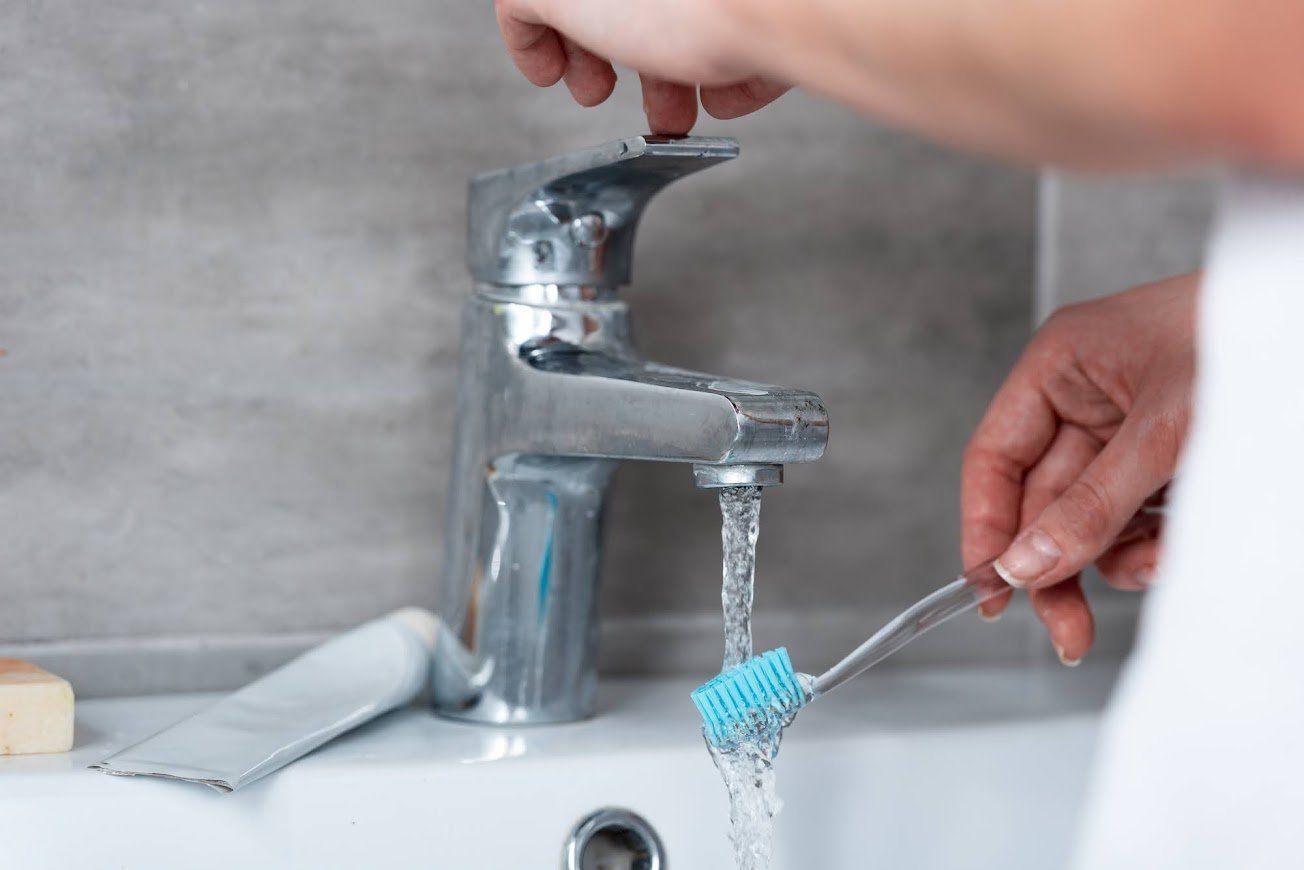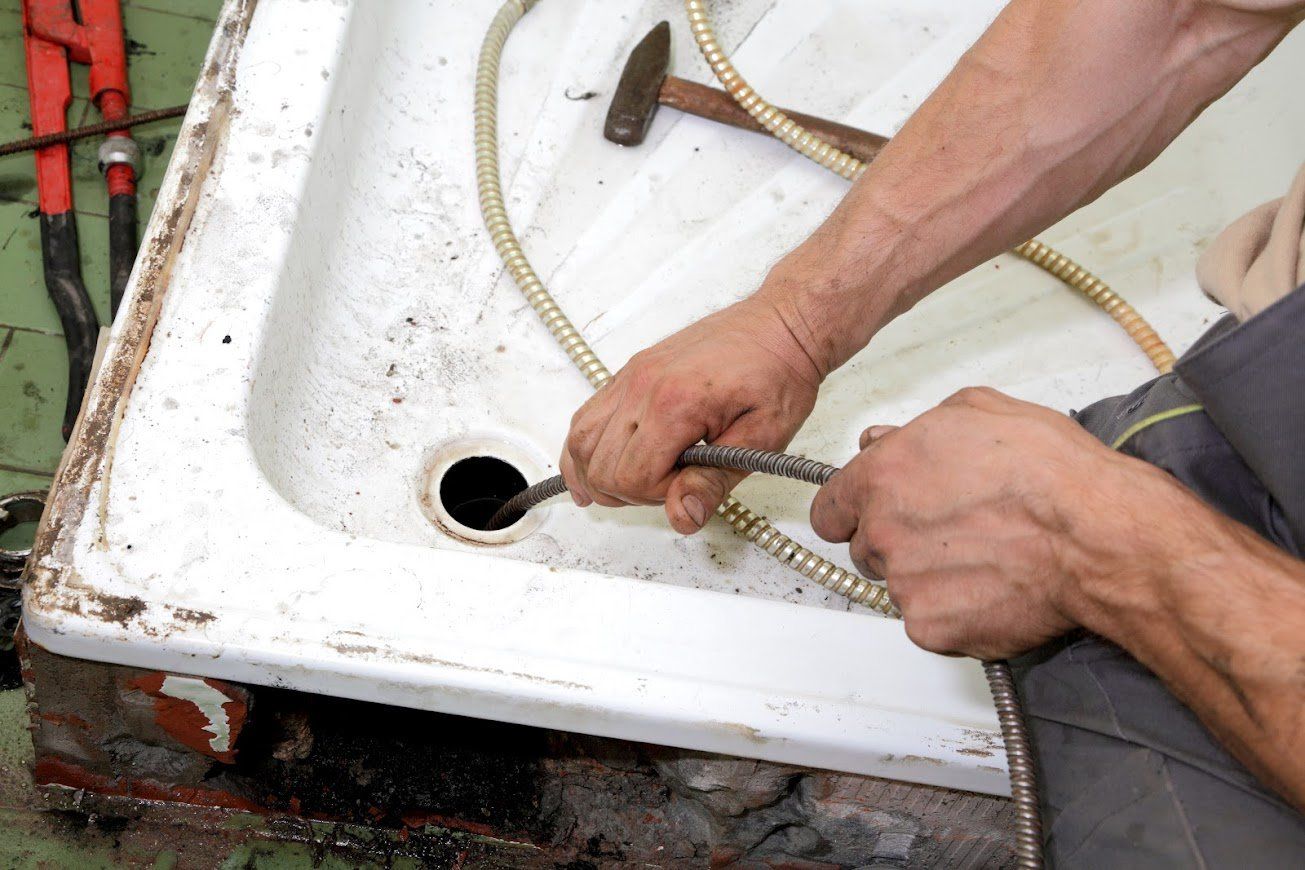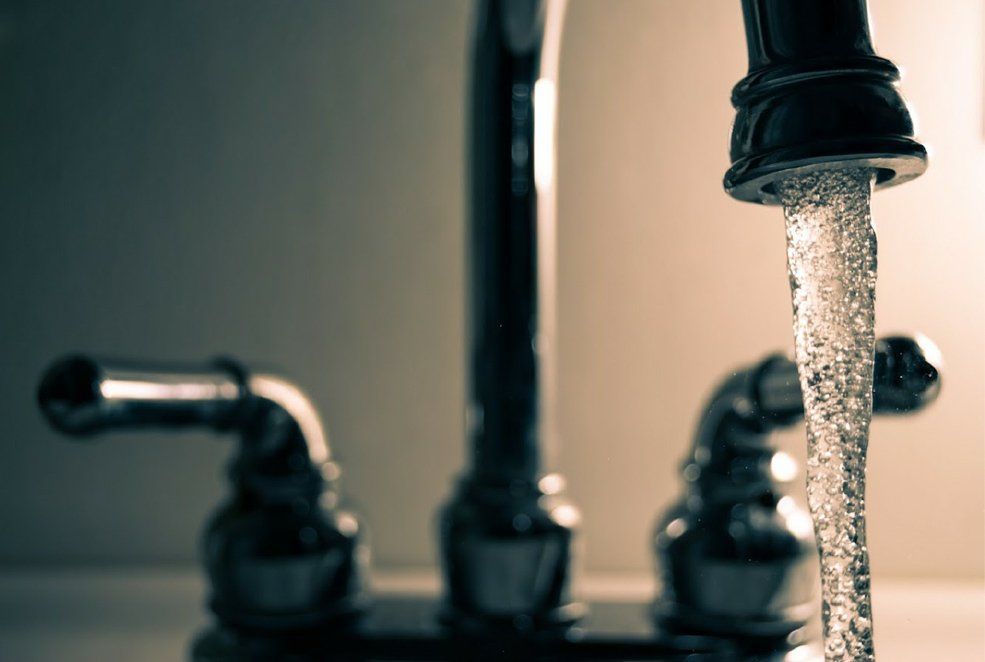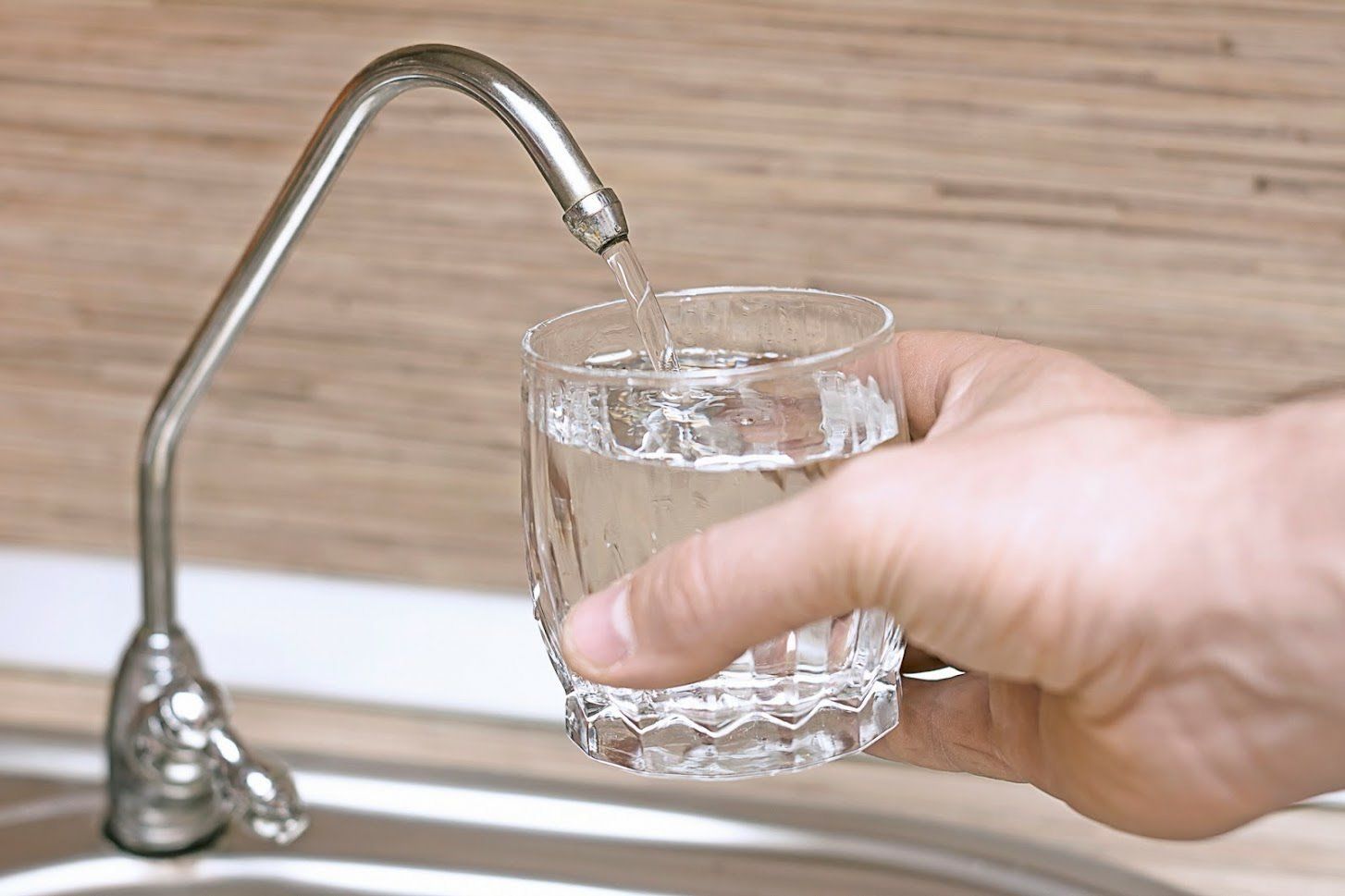Hot Water Discoloration: Is Your Water Heater to Blame?
Admin • December 21, 2020
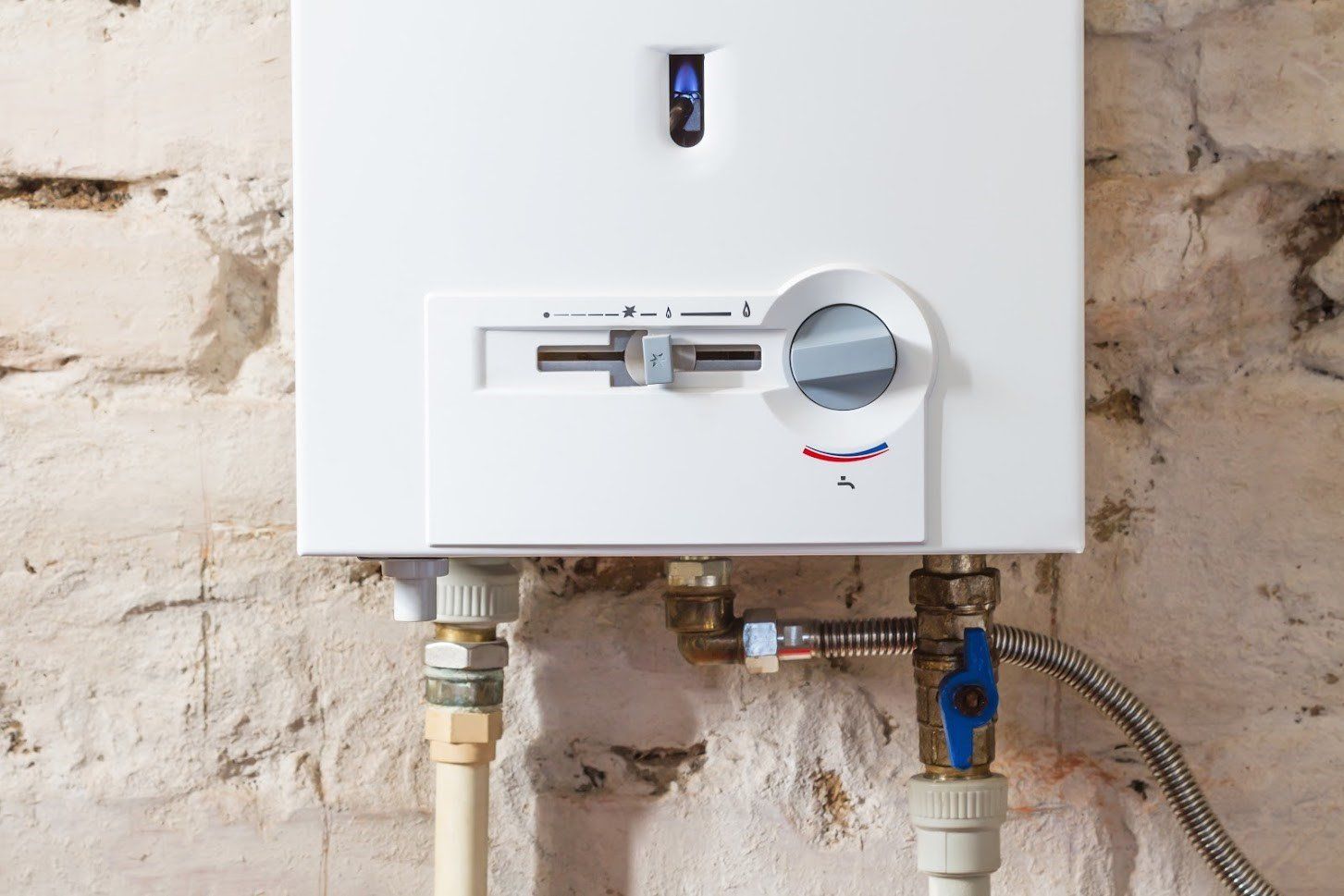
Problems with your home's plumbing are never fun to deal with, and noticeable discoloration of your hot water supplies can be particularly alarming. Hot water can become discolored for a variety of reasons, and in many cases, a faulty hot water system is to blame.
However, noticing that your hot water isn't as clear as it should be doesn't mean you should have your water heater torn out and replaced immediately. Hot water discoloration may be caused by other problems with your home's plumbing system, as well as issues with the local municipal water supply.
Water Heater Problems That Cause Hot Water Discoloration
The most common cause of discolored hot water is sediment buildup inside the water heater's storage tank. Water from municipal supplies and water wells contains dissolved solids, such as calcium and magnesium, which accumulate inside the storage tank over time. If too much sediment builds up inside the tank, it can cause the hot water to become discolored.
If sediment buildup is tainting your hot water supply, flushing your hot water system will usually solve the problem. If you know how to flush your hot water system, you can do this yourself using an ordinary garden hose, but you should call in a professional plumbing service to flush your system if you are not familiar with the flushing process.
However, if your hot water has taken on a reddish-brown tinge, and flushing the system does not solve the problem, it may be time to consider installing a new water heater. All water heaters become vulnerable to rust and corrosion over time; if the inside of your hot water system is badly corroded, the hot water that flows through it can be stained and discolored by rust particles.
Residential water heaters are designed to be used for 10 to 15 years. If your water heater has been in use for more than decade, it will almost certainly have started to corrode internally. You should also check for signs of rust on the water heater's exterior housing and pipes. If external rust is present, internal rust is virtually guaranteed.
If your water heater has suffered corrosion to the point where it starts to discolor your hot water, the heater is usually beyond repair, and will need to be replaced by a professional plumbing service.
Other Problems That Can Discolor Your Hot Water
If your hot water starts to become discolored, the first thing you should do is check the color of your cold water supplies. If the cold water is also discolored, the underlying problem probably has nothing to do with your home's hot water system.
Disturbances to the local municipal water supply can cause discoloration of both hot and cold water. If any of the municipal water pipes in your area are being repaired or replaced or if a nearby fire hydrant has recently been used, sediment deposits inside the municipal water pipes can become dislodged and find their way into your home. When this occurs, running your hot and cold faucets for a few minutes will usually fix the issue.
If you live in an older home, water discoloration can also be caused by corrosion inside your home's plumbing pipes. Most modern homes are fitted with rustproof, plastic plumbing, but older homes may be fitted with pipes made from galvanized steel, which can become badly corroded over time. In these situations, you should call in a plumbing service to replace the aging plumbing with plastic replacements.
A few older homes may also be fitted with copper plumbing, which is not vulnerable to corrosion. However, copper pipes that have been used for a long time may start to oxidize, which can turn your hot and cold water supplies an unpleasant shade of blue-green. Once again, you should have these pipes professionally replaced with modern, plastic plumbing.
If you have any more questions about discoloration problems with your hot water supply, contact the plumbing and hot water system experts at Art Douglas Plumbing Inc.
today


